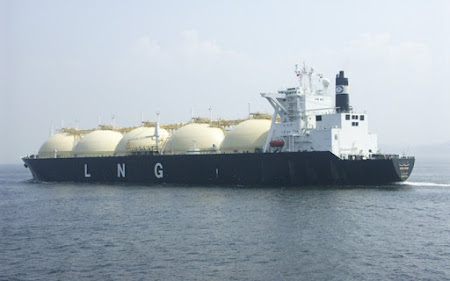By Paul Antonopoulos (Independent geopolitical analyst)
Western countries and their closest allies imposed new sanctions on Moscow after Russian troops crossed into Ukraine on February 24 in what Moscow calls a special military campaign to demilitarise the NATO-aspiring country. Although the EU enthusiastically followed Washington’s lead in engaging in an economic war with Russia, the harsh realization of sanctions are beginning to set in, with Greek Prime Minister Kyriakos Mitsotakis telling CNN on March 25, when referring to rising energy costs, that “Europe must be very careful not to allow them [sanctions] to harm Europe more than Russia.”
A similar sentiment was shared by German economist Aika Hamer, who said that the EU could face backlash from anti-Russian sanctions and warned that if the German economy collapses, then the whole of Europe will fall apart.
“If the German economy collapses because of these measures, then the whole of Europe will fall apart,” he said. “We may face the fact that diesel fuel or gasoline will cost €4-5 or even €6 per liter. We may also face the fact that most Europeans will no longer be able to afford to drive. Without this, the great prosperous West is nothing more than an illusion.” Hamer also noted that the losers in this situation “will be the middle class and the poorest people in Germany, Europe and the United States.”
Hamer’s warning comes as fuel prices have already reached unprecedented heights and broken different records in the US, the UK and across different EU countries. German motorists have been hit at the pump by the skyrocketing fuel prices — forking out €2.14 for a liter of gasoline and at one point in March paying as much as €2.25 per liter for diesel, thus making it more expensive than gasoline for the first time in history despite government subsidies.
It is recalled that Russian President Vladimir Putin announced on March 23 that the transfer of gas supply payments from so-called unfriendly countries will from now on be conducted in rubles in light of Russia’s exclusion from SWIFT, and effectively from the US Dollar. The demand for rubles was the obvious outcome as it made no sense to supply energy to the EU and the US whilst receiving payments in their own currency that Moscow in turn cannot use or face having frozen.
For her part, President of the European Commission Ursula von der Leyen said that the EU will not allow the payment of Russian gas in rubles as it is, in her view, “a unilateral decision and a clear breach of contract. We will not allow our sanctions to be circumvented. The time when energy could be used to blackmail us is over.” At the same time, she announced a new partnership between the EU and the US, which involves providing more American liquefied natural gas (LNG) to the bloc as a replacement for Russian gas.
However, it was naïve for the Europeans to believe that Russia would tolerate such a situation where they are excluded from Western financial mechanisms but are expected to continue receiving payments in Dollars and Euros. In this way, the main aim of wanting rubles for energy is to support the national currency against such pressure.
Although von der Leyen speaks bravely about replacing Russian LNG with the 15 billion cubic meters (15 bcm) of LNG that Washington had pledged, it does nothing to stop European countries from buying an additional 150 bcm of Russian natural gas that is delivered via pipeline.
“Europe has an import capability that is limited, and they don’t have any additional infrastructure that is going to come online,” Charlie Riedl, executive director of the Center for Liquefied Natural Gas, told VOA regarding greater LNG use in Europe. “Infrastructure that’s currently operational is basically running at capacity right now, and I would expect that it will run at capacity for the remainder of this year.” He added that coming into 2022, the amount of gas held in storage by European countries was well below recent averages, making the continent especially vulnerable to potential supply disruptions.
In effect, in the drive to wean off Russian energy, it will be the West’s Middle Class and poorest who will be most affected by drastically rising costs. At the same time, gas storage amounts throughout 2022 will be at a high-risk level, meaning that if there is a disruption in the supply or there is another unexpected global event akin to a pandemic or to the magnitude of the conflict in Ukraine, it very well could be the case that the EU has allowed sanctions to harm Europeans more so than Russia. Already rising energy and food costs suggests that average European citizens are already suffering.


No comments:
Post a Comment